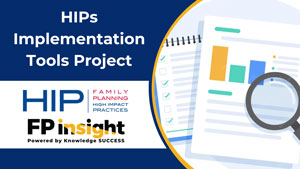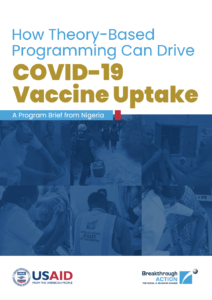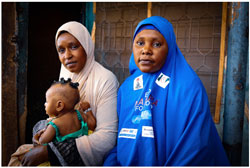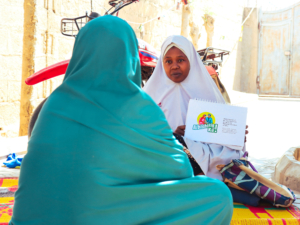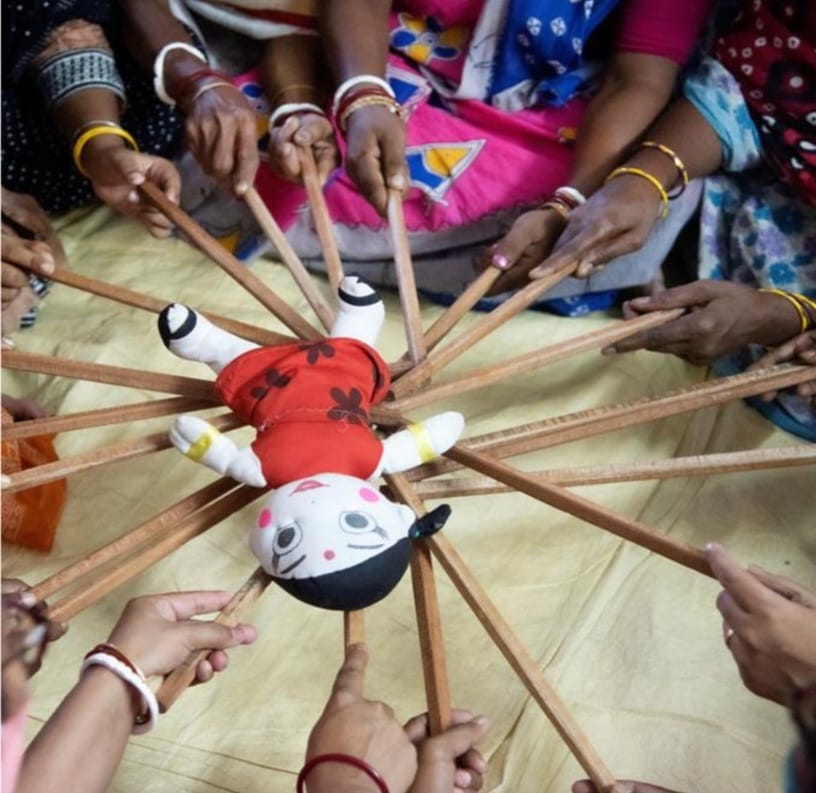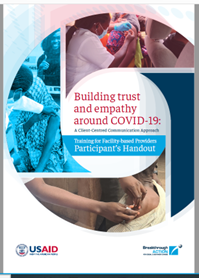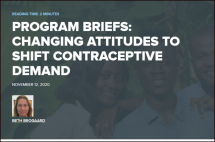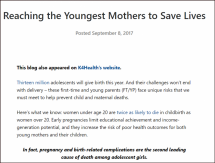Integrated Health Social and Behavior Change Programming: Tools and Resources from Breakthrough ACTION-Nigeria
Breakthrough ACTION-Nigeria implemented an integrated health social and behavior change (SBC) strategy in four states (Bauchi, Kebbi, Sokoto, Ebonyi) and the Federal Capital Territory. This work promoted positive shifts for 17 health behaviors. Breakthrough ACTION-Nigeria implemented a coordinated package of continuous community, media, and digital activities. Coordinating and reinforcing these maximized the reach and intensity of audience engagement. Each activity focused on the same behaviors and the same core messages and approaches and was informed by the results from ongoing formative research.
Community SBC and Referrals for Health Services
Working with community health volunteers, Breakthrough ACTION-Nigeria implemented community SBC interventions and made referrals to health services. Community SBC activities included community health dialogues with referrals, compound meetings, and house-to-house visits.
Community Capacity Strengthening
Through an innovative adaptation of the Community Action Cycle, Breakthrough ACTION-Nigeria worked hand-in-hand with Primary Health Care Development Agency staff and other key stakeholders at the state and local government levels to empower Ward Development Committees to plan, finance, and implement their own health initiatives within their communities.
Women’s Empowerment Groups
Breakthrough ACTION-Nigeria used human-centered design to create Women’s Empowerment Groups. These were safe spaces outside the home, where groups of women could support each other, become economically empowered, and learn about reproductive, maternal, newborn, and child health, nutrition, and malaria.
Social and Behavior Change Advocacy Core Groups
Breakthrough ACTION-Nigeria facilitated SBC Advocacy Core Groups that enabled a systematic interaction and engagement of religious and traditional leaders with other opinion leaders in the health and development sectors, including government officials, community service organization representatives, women’s groups, media personnel, and other community opinion leaders. The groups were developed to influence social and gender norms.
Mass Media, Mobile Phones, and Digital
Breakthrough ACTION-Nigeria implemented a wide range of transmedia interventions on radio, television, mobile phone, and social media that were co-created with the government, implementing partners, community members, and other key stakeholders. The co-creation process placed users and communities at the center of designing messages and ensured ownership of the work.
Provider Behavior Change
Breakthrough ACTION-Nigeria worked closely with the federal and state governments to transform professional attitudes, norms, and standards in the areas of respectful maternity care, malaria in pregnancy, and fever case management.
Public Sector Capacity Strengthening
The project’s public sector capacity-strengthening activities were aligned in support of government priorities and strategies across national, state, and local government areas and wards. This work strengthened public sector systems for oversight and coordination of SBC at the national and sub-national levels.
Source: Johns Hopkins Center for Communication Programs
Date of Publication: August 13, 2024

